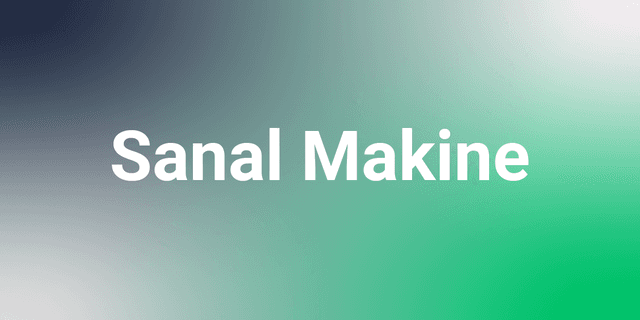
Python Interview Questions
Python is a highly popular programming language in the software world thanks to its simple and readable syntax. It is frequently preferred in both beginner and advanced-level software development projects. Especially in fields such as data science, artificial intelligence, and web development, Python is widely used. Therefore, preparing well for technical interviews involving Python is extremely important. In this article, we will provide examples of Python interview questions and discuss how to approach them. We will also share important tips for succeeding in Python interviews.
1. What is Dynamic Typing in Python?
Python is a dynamically typed language. This means that the type of a variable is determined at runtime. For example, a variable can initially be an integer and later become a string. When answering this question, it is important to explain that Python does not use static typing and the developer does not need to declare variable types explicitly.
2. What Are the Differences Between List, Tuple, and Set in Python?
This question tests your knowledge of Python data structures. A list is an ordered and mutable data structure. A tuple is ordered but immutable. A set is unordered, and each element can appear only once. Mentioning usage scenarios and performance advantages of each structure will help you answer this question effectively.
3. How is Memory Management Handled in Python?
Memory management in Python is handled through automatic garbage collection. Python’s garbage collector detects and removes unused objects from memory. When answering this question, it's helpful to mention Python’s memory management strategies, especially reference counting and the cyclic garbage collector.
4. What Are Lambda Functions in Python? When Are They Used?
Lambda functions are used to create anonymous functions in Python. These one-liner functions are typically used for short and simple operations. In interviews, providing examples of how lambda functions are used with map() or filter() can be very helpful.
5. What is a Decorator in Python and How is it Used?
A decorator is a structure used to modify the behavior of a function or method. When answering this question, explain how decorators work by being added above functions and in which cases they are useful. You can use examples like logging, authorization, or scheduling functions.
6. What is the Difference Between Global and Local Variables in Python?
Variable scope is important in Python. Local variables are defined inside a function and are only valid within that function. Global variables are defined outside functions and can be used anywhere in the program. In Python, you must use the global keyword to specify a global variable. Using examples will help you provide a clear answer.
7. What Data Structures Are Used in Python?
The main data structures in Python include list, tuple, set, dictionary, and string. You can explain the differences between these structures and when to use each. Also, mentioning additional structures from the collections module, such as deque or Counter, can be advantageous in an interview.
8. How is Exception Handling Done in Python?
In Python, error handling is done using try, except, finally, and else blocks. It is important to explain how error handling works and how to handle different types of errors. Discussing how to write custom error messages and when to use different types of exception handling will also be beneficial.
9. What Are the Differences Between Django and Flask?
For those who want to develop web applications with Python, Django and Flask are the two most popular frameworks. Django is a full-featured framework suitable for large and complex projects. Flask, on the other hand, is minimal and ideal for smaller, lightweight projects. Understanding the advantages of both and knowing when to use which is crucial in Python web development interviews.
10. How is Communication Established Between SQL and Python?
Python offers powerful tools for interacting with databases. Libraries such as sqlite3 and MySQLdb can be used to run SQL queries in Python. When answering this question, it's important to explain how Python integrates with database management, how connections are established, and how SQL queries are executed. Also, don’t forget to mention the use of ORM (Object Relational Mapping).
As you prepare for Python interviews, consider the questions above and how you would answer them to improve your readiness. These questions cover the fundamental building blocks of Python and will help you succeed in technical interviews. Mastering topics such as data structures, algorithms, functional programming, and exception handling will give you a competitive edge.
In technical interviews, it’s not enough to just share theoretical knowledge — it’s equally important to share practical experiences. Talk about the problems you’ve encountered in past projects and how you used Python to solve them. This will demonstrate your competence to the interviewer. Also, join our Slack community to connect with thousands of Python professionals and keep up with career opportunities. Sign up now and get one step closer to success in your next interview with Techcareer.net!
Want to test your technical skills and discover your strengths? Try Techcareer.net’s specially designed tests for the tech industry, identify your areas for improvement, and take a confident step toward your career goals!
Our free courses are waiting for you.
You can discover the courses that suits you, prepared by expert instructor in their fields, and start the courses right away. Start exploring our courses without any time constraints or fees.



